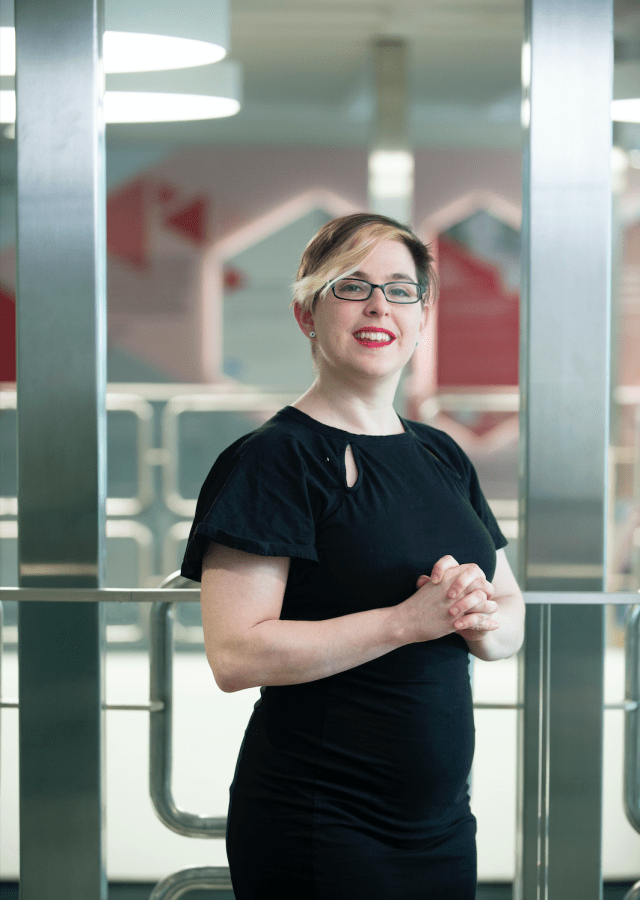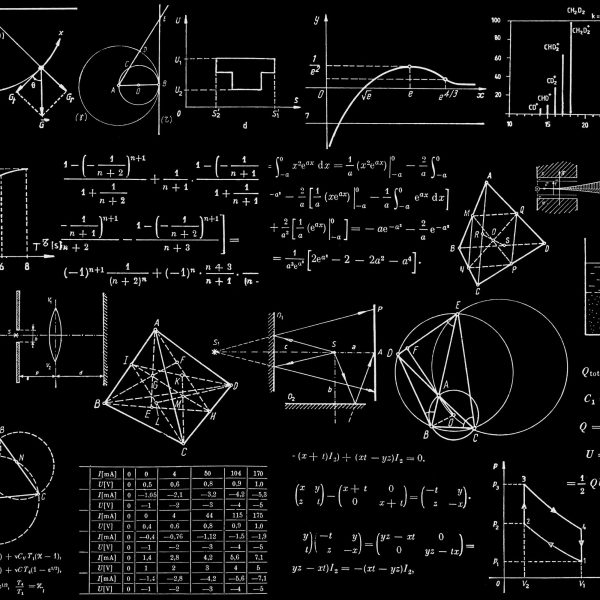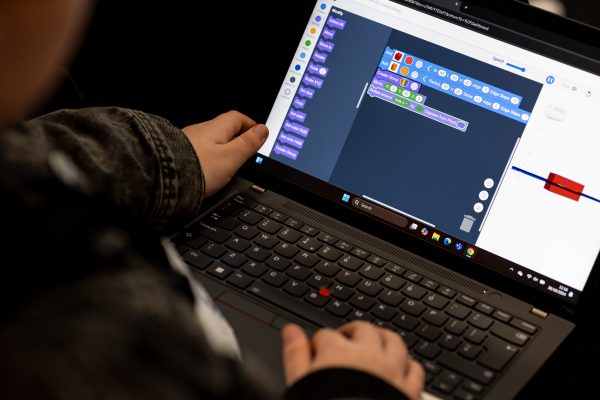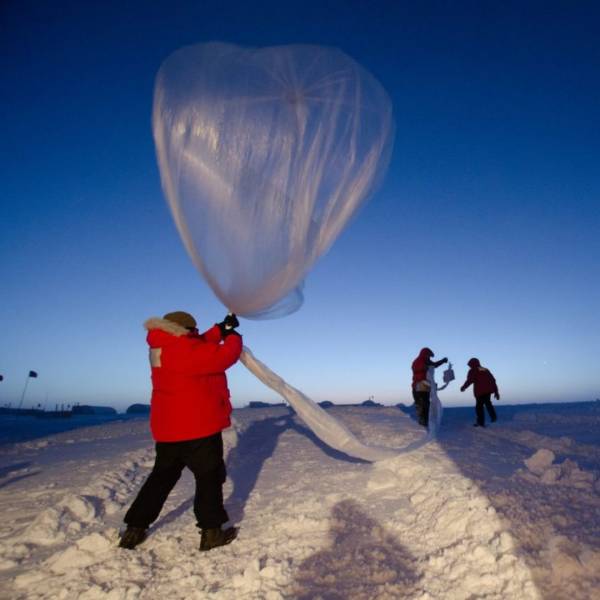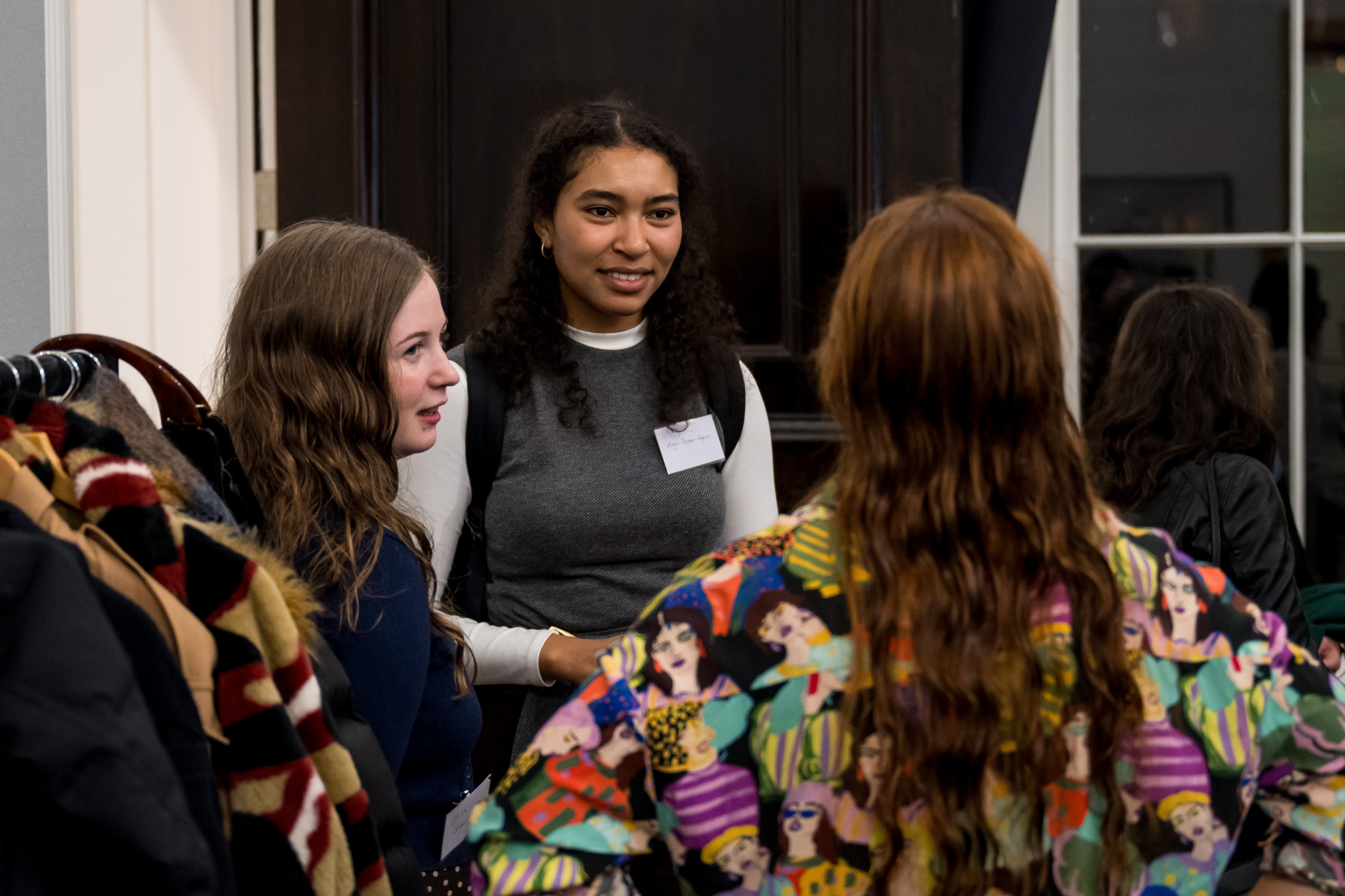Read this interview with Beth to learn more about her career as an Astronomer.
What sparked your interest in astronomy?
As a child, I was very interested in it. When I was in high school, the first planets orbiting stars other than our sun were discovered and that hugely inspired me. I did a degree in astrophysics, which uses and creates a lot of data – I’m an observational astronomer so always working with data – but during our studies, we focus more on the theoretical aspects – lots of maths and derivations. Working with data and coding is something that we mostly learn by doing.
Amazing – and what universities did you go to?
So for my undergraduate degree, I went to a type of school that doesn’t really exist in the UK, a small liberal arts college called Swarthmore College. Then I did my masters and my PhD at the University of Arizona! I finished my PhD in 2007.
And did you enjoy studying there?
I did, especially Arizona – it’s a great place to be as an astronomer because you’re close to a lot of telescopes… it’s one of the few places where you can drive to and from the telescope directly from your house.
The dream! Can you tell us about a typical day at work for you now?
I’m divided between teaching and research. Most of my research time is spent at the computer trying to analyse data and writing up results.
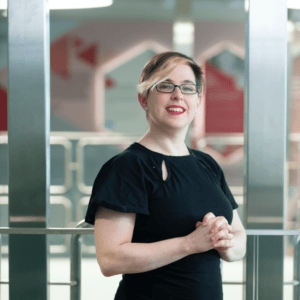
What data sets are you working with at the moment?
It’s a data set from the Very Large Telescope, specifically an instrument known as SPHERE – an extreme adaptive optics coronagraphic imager. That’s a lot of words to say that it’s an instrument built to reach extremely high contrast and resolution so that you can image planets next to stars. At the moment, we have a data set looking at four planets that are orbiting a star that is a bit more massive than our sun. My data is looking at these planets for five or six hours a night. We are trying to measure the planets’ rotation and brightness over that period. We expect the brightness of the planets to change because they have patchy clouds over them – some parts of the planets are brighter than others.
So what tips would you have for women and girls who’d like to be in your position?
Seek out mentors and role models. Be persistent. An important mindset is that we learn by doing and that often we don’t get it right the first time. We have this really damaging idea of ‘genius’ in the STEM fields – this idea that many people who go into STEM fields are inherently brilliant and good at maths. Most people I know who are successful in the sciences are not necessarily naturally brilliant and don’t get everything right. They have moments where things don’t quite work out and they have to start again from the beginning. If you fail at something, take it as a learning experience and you are more likely to succeed the next time.
For example, I had a lot of fear about maths in school. I’d never done poorly at it but it was never my strongest subject. A lot of that was cultural conditioning – I had the idea that there was a certain type of person who was ‘good at math’ and I wasn’t that. However, astrophysics is based on maths, and in the course of getting an astrophysics degree, I got a lot of practice in maths! Now, I don’t have a maths fear – maths is just a tool I use every day.
And what are you proud of?
Having done scientific work for quite a while, I like that I can look back and I think, “Oh wow, I wrote this paper this year and contributed to scientific understanding as a whole.”
Read Dr Beth’s full interview on the Data Driven Innovation website
